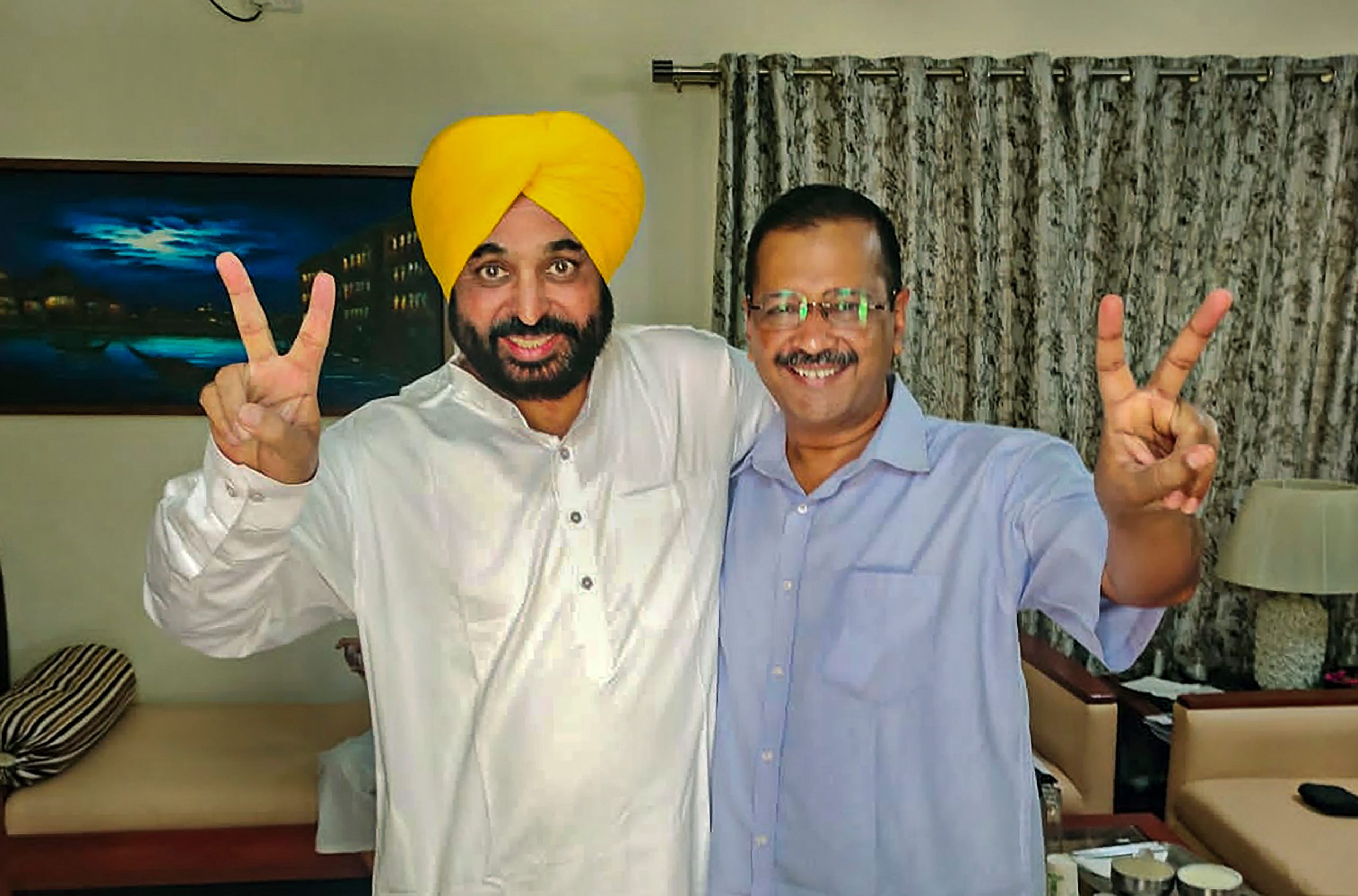When Arvind Kejriwal
decided to transition the Indian Against Corruption movement into the Aam Aadmi
Party (AAP), many had written him off. In the traditional dynamics of Indian
politics, with families running fiefdoms and local strongmen hoarding
contracts, a party made up of former civil servants, journalists and
professors, was unlikely to make the cut.
But, the muffler-clad
53-year-old has bucked all trends. Having swept to power in the national
capital Delhi in 2015 with 67 out of 70 seats, and then again in 2020 with 62
out of 67 seats, Kejriwal had already established himself as a strong regional
player politicking in the heart of India. However, with the AAP wave in Punjab,
with the party leading in 92 out of 117 seats, the party of the “common man”
has shown that it remains viable outside Delhi.
AAP’s win in Punjab is
the victory of an alternative political praxis. This is not to say that the Aam
Aadmi Party has remained impermeable to the myriad layers of Indian politics,
however, it has set benchmarks independent of how traditional parties operate.
For example, AAP’s decision to let “the people decide” on their chief
ministerial candidate helped it score several brownie points with Punjab’s
voters.
Also Read | Assembly Elections 2022: 5 reasons why AAP swept Punjab
For long, the Aam Aadmi
Party has complained that the limited powers of the government in a half-state
such as Delhi did not allow it to achieve all it could. The Punjab victory will
show how the party can operate when it controls a full state. Additionally,
Punjab being a border state has unique sensitivities and the burgeoning drug
problem has the potential to emerge as a major challenge. How AAP chooses to
deal with issues of the sort will decide the fate of this new mode of politics.
The epic victory in
Punjab, not entirely unanticipated, gives AAP the chance to bravely approach
other states and emerge as a significant national player. AAP has attempted to
make inroads into other states, for example in Goa and Chhattisgarh, but had failed
so far until the resounding victory in Punjab.
While AAP is still far
from becoming a national party, in accordance with the Election Commission’s
requirements which needs it to win 6% vote share in the last votes and four
seats in the last Lok Sabha polls, Arvind Kejriwal can certainly emerge as a
national leader at a time the Congress is increasingly ceding the opposition
space to other political parties on account of its own failures.
After the results of
the Punjab elections became apparent, AAP spokesperson Raghav Chadha told news
agency ANI that the victory in Punjab is a victory for the Kejriwal model of
government and that this win has made AAP emerge as a national party. He added
that the AAP has become the principal opposition party against the BJP and a natural
replacement for the Congress.







